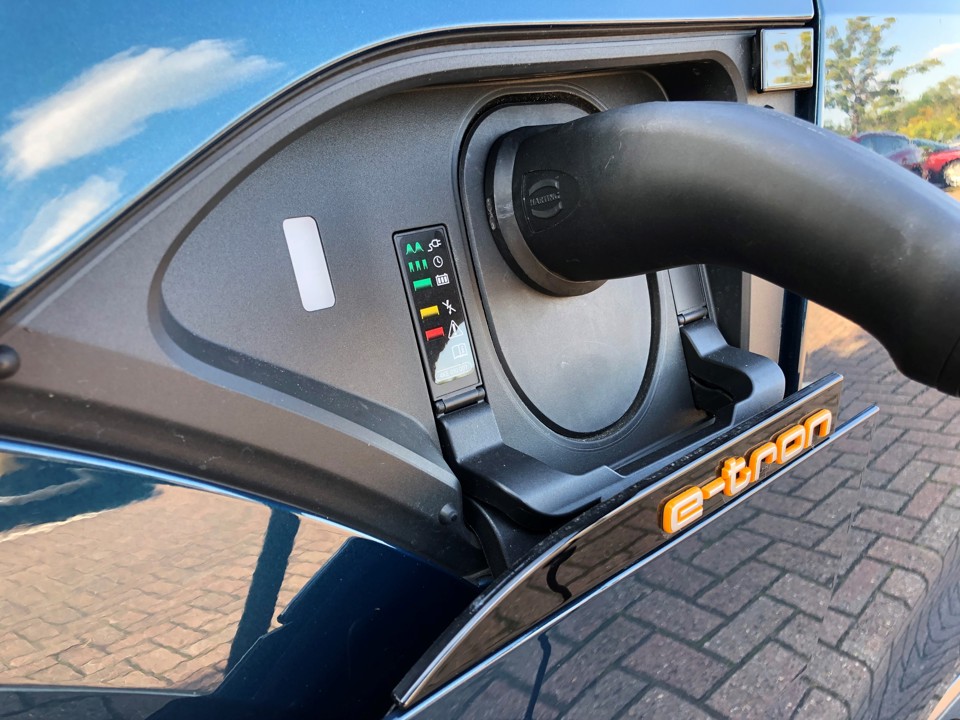Government is expected to announce a ban on the sale of new petrol and diesel cars from 2030 this week as Chancellor of the Exchequer Rishi Sunak also considers roads pricing regime.
AM understands that Prime Minister Boris Johnson may have been scheduled to unveil the UK’s ambitious plan to make all new cars fully electric (EV) from the new deadline, which is five years ahead of a date already brought forward earlier this year.
Johnson is currently self-isolating, however, after coming into contact with Ashfield MP Lee Anderson who later tested positive for COVID-19.
While environmental groups have been quick to praise speculation about the UK’s bold new EV sales target, others have voiced concern about the pace of change.
Among them is Institute of the Motor Industry (IMI) chief executive, Steve Nash.
EV technicians shortage
Nash said: “The rumours are now strong that a 2030 ban for the sale of new petrol and diesel vehicles will be announced this week.
“And whilst we haven’t seen the detail yet, we will be concerned that a key factor in achieving success will be missing.
“Currently around 5% of UK automotive technicians are adequately trained to work on electric vehicles.
“How do you ramp up electric vehicle adoption if the myriad of users – from private motorists to fleets operating cars and vans, blue light vehicles and more - can’t be confident they will be able to access the expertise to service and repair these vehicles safely?”
The IMI said that there are around 245,000 automotive technicians, working on 38 million registered vehicles in the UK.
As of October 2020 there were 383,000 plug in cars and vans registered, but this is predicted to increase to anything between 2.7 to 10.6 million by 2030.
Taking the top estimate (due to unexpected increase in sales in the past 3 months), the IMI calculates that the UK would need approximately 70,500 qualified technicians to support this vehicle parc, but there are currently just 13,000 to 20,000 technicians currently qualified to work on EVs.
Nash said: “We are currently a long way off achieving a critical mass of technicians qualified, with COVID-19 setting us back significantly in reaching optimum numbers in time for 2035, let alone 2030.
“Government action is needed urgently to encourage automotive employers to re-ignite their EV training plans.”
RAC head of roads policy, Nicholas Lyes, is just as concerned about the demands on car manufacturers and charge point providers.
He said: “The car industry clearly now faces a monumental challenge to change its production lines, and electric vehicle charging infrastructure will need to be expanded at an incredible pace to cope with the surge in electric vehicles (‘EVs’) coming on to our roads.
“We believe many more rapid charging devices are needed in order to give drivers the confidence that they can make longer journeys in a convenient and time efficient manner.
“It also remains the case that the upfront cost of electric vehicles is currently far too high for most people to afford when comparing them to an equivalent-sized conventional vehicle, so prices will have to come down dramatically in order to make them a realistic option for more people and spark take-up quickly.
“The Government also now needs to work out how it’s going to plug the inevitable hole in fuel duty revenue that the switch to EVs will create. Currently, it collects around £28bn a year from fuel duty so the Treasury will need to quickly devise a new system that is fair for all drivers.”
Roads pricing plan
Reports this week suggest that Rishi Sunak is now considering adopting a system of roads pricing to ensure that a shrinking number petrol and diesel car owners is not left to foot the bill for the upkeep of UK roads.
Fuel Duty is understood to be on course to raise £27.5bn this financial year, while Vehicle Excise Duty (VED) is expected to raise £7.1bn.
Dan Hutson, head of motor insurance, comparethemarket.com, described a per-mile road tax as “a daunting prospect for many motorists”.
He said: “Cars are critical for so many people who rely on them to get to work, and post-lockdown to see their family and friends.
“The cost of running a car is already a significant burden for some and simply becoming unaffordable for others, particularly given the financial constraints people face as a result of the pandemic.
“Our research indicates that 71% of young people - who pay the most of any age group to keep a car - don't believe their pay cheque is high enough to cover the cost of driving.
“It is essential that the Government think carefully about how this rumoured road pricing scheme is implemented to protect these under-pressure groups as they struggle to cover the existing costs, let alone a further tax."
Dr Ben Lane, co-founder of Zap-Map said that bringing forward the ban on the sale of new diesel and petrol cars was “great news for the emerging electric car sector”.
He added: “While many car companies have yet to ramp up their EV production plans, a 2030 target date will focus minds and bring more investment into the EV industry which will benefit the next generation of UK drivers as well as the environment.”















Login to comment
Comments
No comments have been made yet.